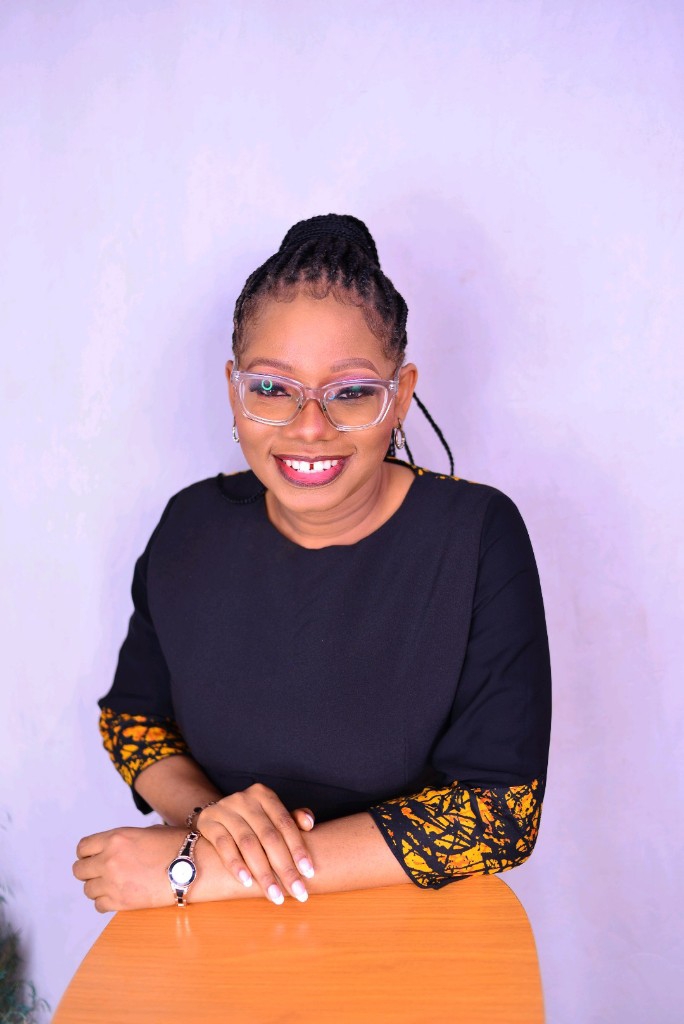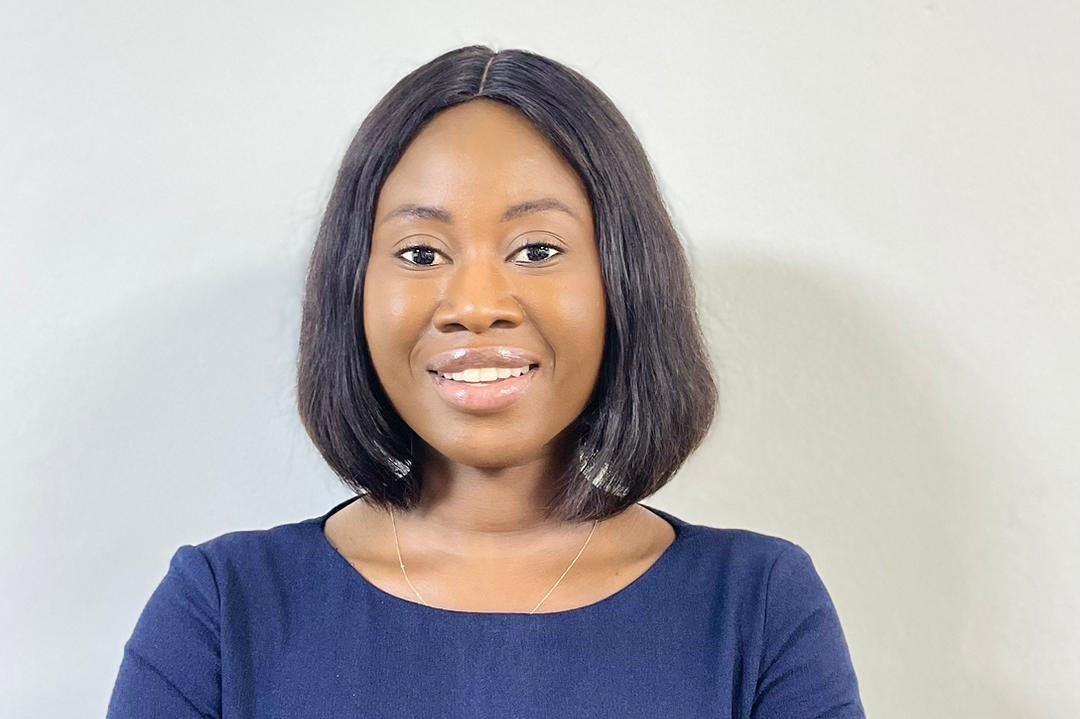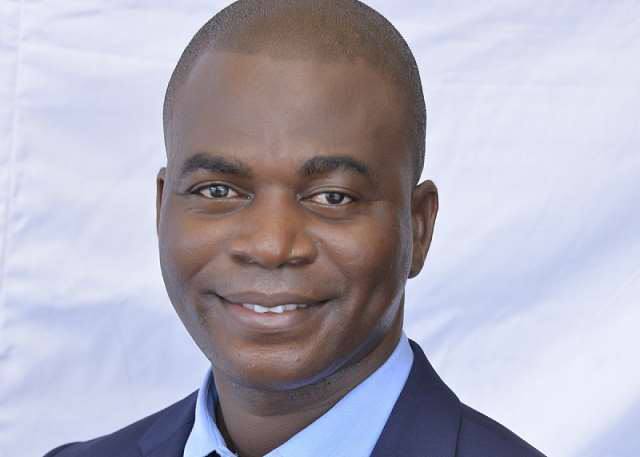Chidindu Mmadu-Okoli is the Communications Officer at DRASA (Dr. Ameyo Stella Adadevoh) Health Trust.
During the first wave of COVID-19, when the lockdown took effect, I had a strong need to travel to my village. My first stop was at the home of a kinsman. At the entrance, I exchanged greetings with his mother, my Nneoche (loosely translated to mean Ancient Mother), a relative in her late eighties. I walked towards her, but she moved further backward, away from me.
“Stay there!” She commanded in our dialect. “My grandson will bring you water and soap to wash your hands.”
“But, Nneoche, can I at least sit down?” I asked on behalf of my tired body.
“No, Nwadiala (daughter of the soil), you should know better! They have been singing all over the radio that there is a disease going around from village to village killing people. In fact, the disease is all over the world now… *Emeka, how about the water?”
Plain language can be pivotal to moving customers or end-users to take action. This also works even in culturally diverse settings like Nigeria: plain language makes it easy to translate evidence-based health information in multiple languages.
As we conversed, I found that Nneoche, who never saw the walls of a classroom, knew quite much about a pandemic, and asked too many probing questions, because media professionals took time to find, understand, translate and interpret messages on COVID-19.
Do you know that if these professionals did not have access to social and behavioral change materials that were written in everyday words, it would have been a little more demanding to translate them into information that makes the end user comfortable?
Olee ihe anyị ga-eme? Ọokwa Jesus l’abịa ụdụụ! [What shall we do? It’s a sign that Jesus is coming soon] Nneoche continued to inquire.
My tired, default setting replied in English, “We have to keep pushing and take responsibility.”
Nke pụtara gịnị? [What does that mean?]
“Anyị ga e jisie ike, ma nabata ọrụ dị na igbochi COVID-19”
“Eziokwu, ihe nke a wụ ezigbo ọrụ” [Truly, this one is a serious responsibility/work to take/do] Nneoche responded like one who had resigned to fate.]
“Keep pushing” is the motto of Nigeria’s public health institute—Nigeria Centre for Disease Control and Prevention—tasked with the nation’s health security, which got adopted by Nigerians at the peak of the pandemic. Before then, it was the mantra used by the institution’s workforce.
To translate these words to my mother tongue, Igbo Language, the most appropriate words would be “Jisie ike” (Keep pressing on, rise to the occasion, keep persevering, keep moving, keep going, rock onwards and upwards, hang in there, go the extra mile, don’t give up, go above and beyond). On another hand, a commonly used Igbo word like “Dàálụ́…” would not fit in here: although it is a easy-to-use-yet-clichéd nearest in meaning, it does not appropriately carry the weight of the words “Keep pushing!” Dàálụ́, which simply means “Thank you” or “Well done”, “You have done well” paints an entirely different picture for a people navigating complex, shifting times in a pandemic.
The dialogues from this scenario can reveal at least three things to us, as health literacy enthusiasts.
- Using plain language is an act of inclusion, which makes us leave no one behind in multilingual settings. It makes it easy to use the most suitable translation that directs people to take action.
- Clear communication gives room for translators to use everyday words in mother tongues, that are not just common to a people but carries the weight of the meaning it wants to convey
- With clear communication, we bypass complex narratives, whose translations may be lost while searching for the most applicable contexts that work in various languages.
- The media deserve credit for how they have powerfully shaped narratives, and created room for inclusion, by democratizing access to health information in a culturally diverse nation.
- We need to acknowledge that language diversity influences the way people receive information and communicate with each other. You and I, as healthcare workers, can go above and beyond, to appreciate and leverage the power of languages in demystifying complex terminologies and to make even the patient-provider interaction process easier and effective.






One Response
Thank you so much for sharing this experience Chidindu. It is very apt and I totally agree with you, that effective communication cannot be overemphasized. However, in trying to pass on information “use the most suitable translation that directs people to take action.”